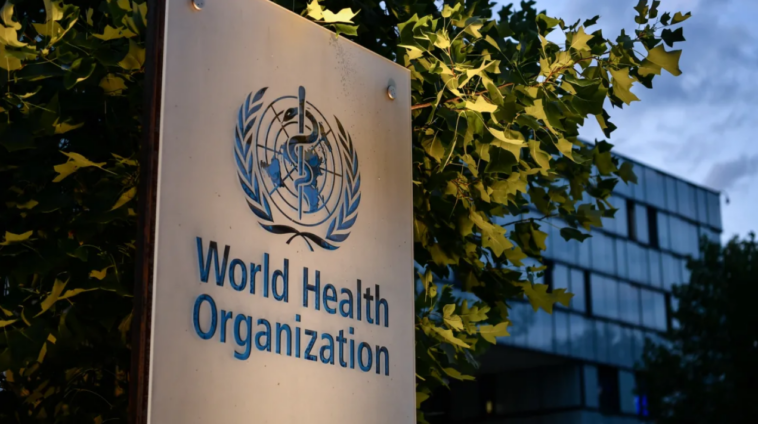The World Health Organization on Wednesday declared the ongoing mpox outbreak in Africa a global health emergency.
WHO convened its emergency mpox committee amid concerns that a deadlier strain of the virus, clade Ib, had reached four previously unaffected provinces in Africa. This strain had previously been contained to the Democratic Republic of Congo.
Independent experts on the committee met virtually Wednesday to advise WHO Director-General Tedros Adhanom Ghebreyesus on the severity of the outbreak. After that consultation, he announced Wednesday that he had declared a public health emergency of international concern — the highest level of alarm under international health law.
Also known as PHEIC, this is a status given by WHO to “extraordinary events” that pose a public health risk to other countries through the international spread of disease. These outbreaks may require a coordinated international response, according to the organization.
The Africa Centres for Disease Control and Prevention declared the outbreak a public health emergency of continental security the day before — the first such declaration by the agency since its inception in 2017.
Since the beginning of this year, more than 17,000 cases and more than 500 deaths have been reported in 13 countries in Africa, according to the Africa Centers for Disease Control and Prevention, which classifies the outbreak as a “very high risk event.” The highest number of cases — more than 14,000 — is in the DRC, which reported 96% of confirmed cases this month.
Mpox, formerly known as monkeypox, is a viral disease that can spread easily between people and from infected animals. It can spread through close contact such as touching, kissing or sex, as well as through contaminated materials like sheets, clothing and needles, according to WHO. Symptoms include a fever, a painful rash, headache, muscle and back pain, low energy and enlarged lymph nodes.
For decades, the disease had largely been found in Central and West Africa, but it also began spreading in Europe and North America in 2022. WHO previously declared the spread of mpox a global health emergency in July 2022 and ended it in May 2023.
Mpox is characterized by two genetic clades, I and II. A clade is a broad grouping of viruses that has evolved over decades and is a genetic and clinically distinct group. Clade Ib is more transmissible and causes more severe disease.
WHO officials previously said the virus could be contained “quite straightforwardly, if we do the right things at the right time.” They are further calling for international cooperation in financing and organizing efforts to quell the outbreak.
The organization has already signed off on the Emergency Use Listing process for both mpox vaccines and developed a regional response plan requiring $15 million, with $1.45 million already released from the WHO Contingency Fund for Emergencies.
This is a breaking news story and will be updated.
Latest Stories
-
UTAG urges GTEC to intensify crackdown on fake degrees
6 minutes -
Shatta Wale claims he bought Lamborghini from ‘the street’ as EOCO probe depeens
14 minutes -
Weakening global growth to raise credit risks for emerging market issuers
24 minutes -
2025 WASSCE: Feed the children well during exams – Dr. Adutwum appeals to school heads
28 minutes -
Joseph Amoah spotlights the role of music and arts at Greater Works Conference
31 minutes -
Ghanaian entrepreneurs seek further opportunities in Turkey at biggest industry forum
34 minutes -
Ketu North MP donates laptops, computers and generators to Senior High Schools
38 minutes -
Learn, believe, focus, and excel – Dr. Adutwum to 2025 WASSCE candidates
39 minutes -
Money conversations with your spouse: save together and avoid the debt trap
45 minutes -
Kings University College joins in national mourning to honour Fallen Heroes; Commiserates with State and Family
46 minutes -
Consider building expandable homes, not everything at once – Building expert
58 minutes -
Cybercrime crackdown: CSA & CID storm Adom City, 39 suspects arrested
58 minutes -
Concerned nurses group condemns GRNMA secretary’s remarks as “unbecoming”
1 hour -
Dr Linda Deigh: The future of learning: Is the higher education landscape shifting?
1 hour -
GMA dismisses false reports of deaths in Elmina Harbour incident
2 hours

